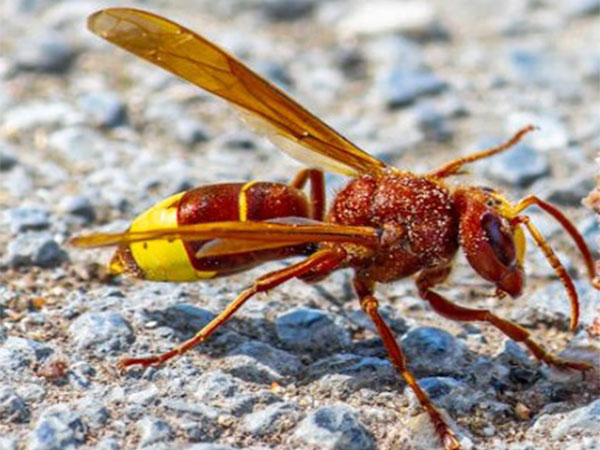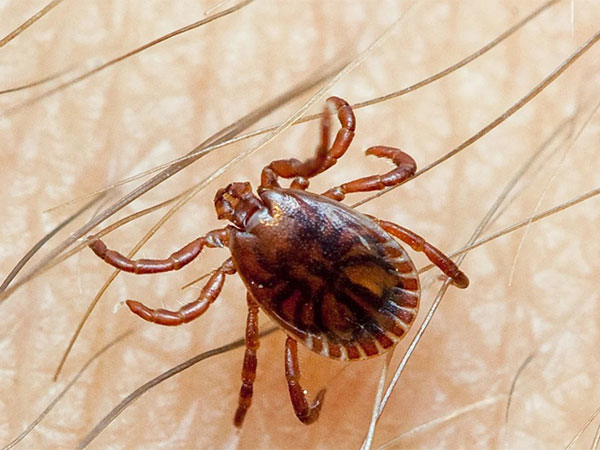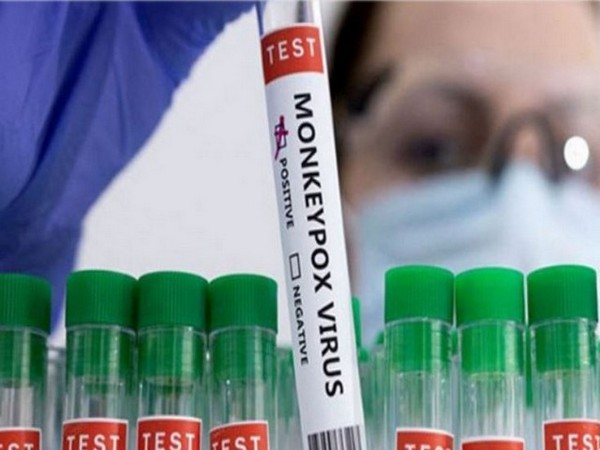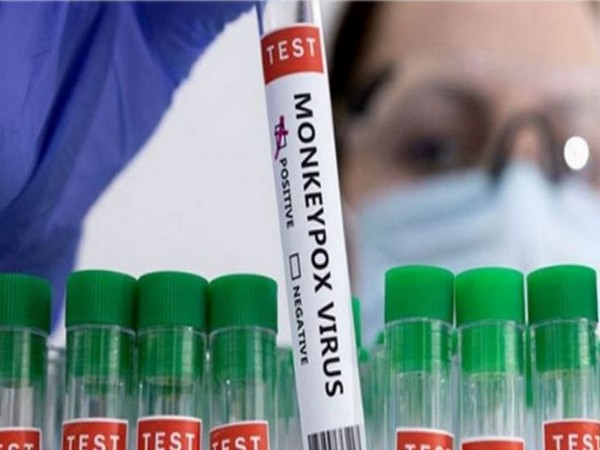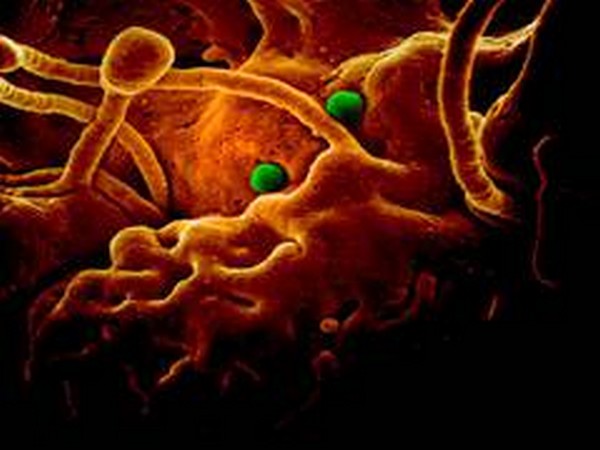
Boston (Massachusetts) [US], November 26 (ANI): With Coronavirus being the most experimented field from past few months’, a new study led by Beth Israel Deaconess Medical Center (BIDMC) sheds light on the genetic risk factors that make individuals more or less susceptible to severe COVID-19.
Thousands of people test positive for the virus each day, and the reason behind people experiencing mild to no symptoms while others becoming critically ill is still under the shadow of a doubt. According to a new study published in the New England Journal of Medicine (NEJM), research led by Robert E. Gerszten, MD, Chief of the Division of Cardiovascular Medicine at BIDMC irradiate the key process of COVID-19 which can open new possibilities for the treatment of this disease.
Gerszten, Professor of Medicine at Harvard Medical School shared that different patients effected by COVID-19 display different symptoms and different degrees of severity, “Pre-existing conditions, particularly cardiovascular and metabolic disease, are risk factors for disease severity and outcomes, the underlying reasons that some people develop the life-threatening disease while others remain asymptomatic are not well understood.”
Findings published in the NEJM describes the link of COVID-19 outcomes to variations in two regions of the human genome on the basis of genetic evidence from patients in China, Europe and the United States. But, to find about the difference occurring due to the disease, scientists need to understand the role of the proteins carried by the genome in the context of disease.
The database generated by Gerszten and colleagues of all the proteins and metabolites associated with various regions of the human genome found one genomic “hot spot” to be associated with COVID-19 disease severity. This drove the researchers’ one step forward to realize that the same region was linked to a protein, recently been implicated in the process of SARS-CoV-2 virus infecting human cells.
“We determined that the protein most highly expressed by that region turned out to be a co-receptor for the virus that causes COVID-19. The so-called antibody cocktails currently available mostly target the spike proteins on the virus. In turn, our work identifies which proteins in the human body that SARS-CoV-2 and other viruses latch on to,” Gerszten said.
According to the report, the second region was linked to a poorly understood protein that appears to play a role in attracting immune cells called lymphocytes to sites of infection. The study also suggests that these genetic variants and proteins may vary across races. On the whole, these findings are important contributions to science to understand the mysteries of COVID-19. (ANI)






